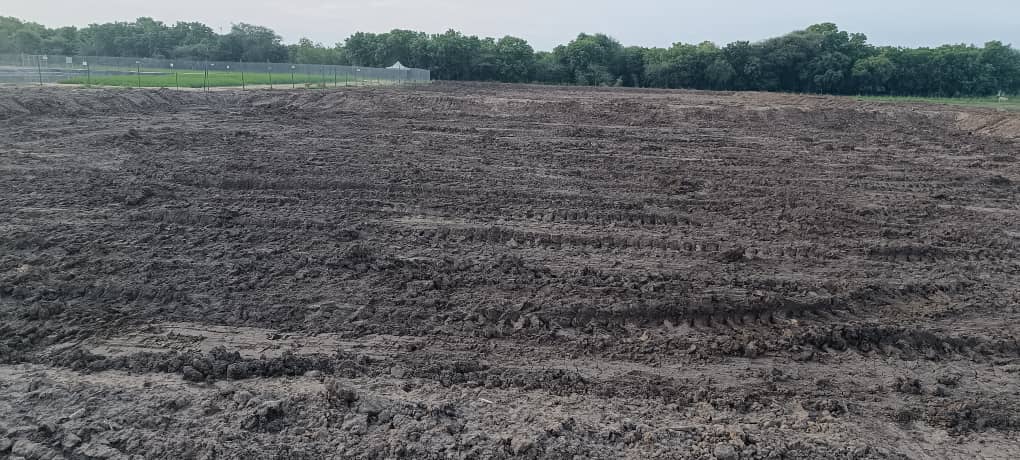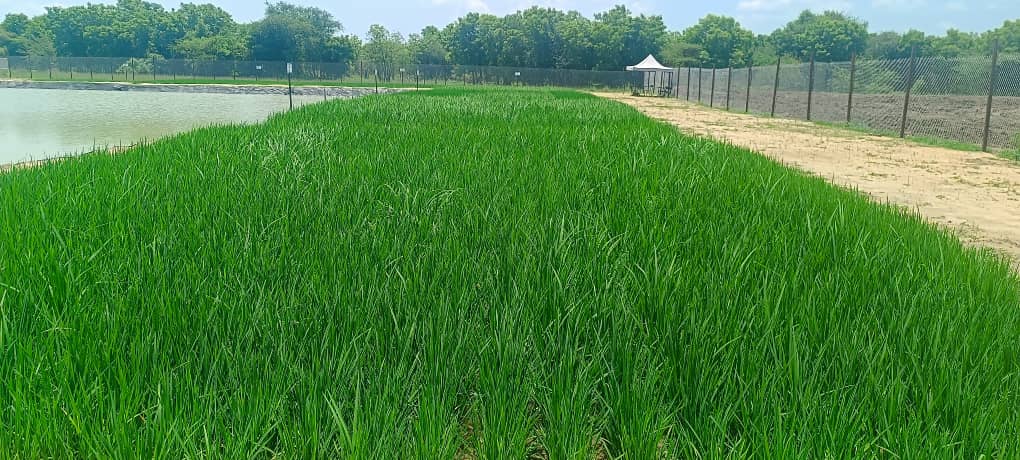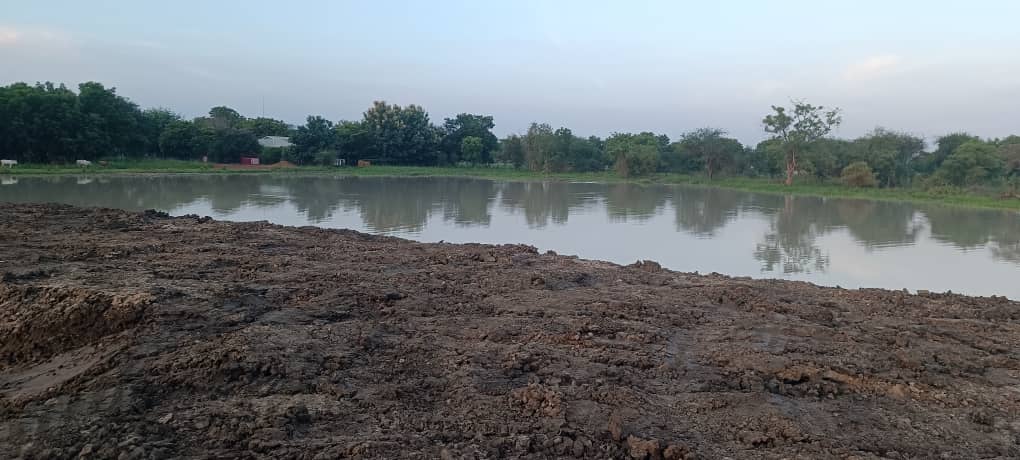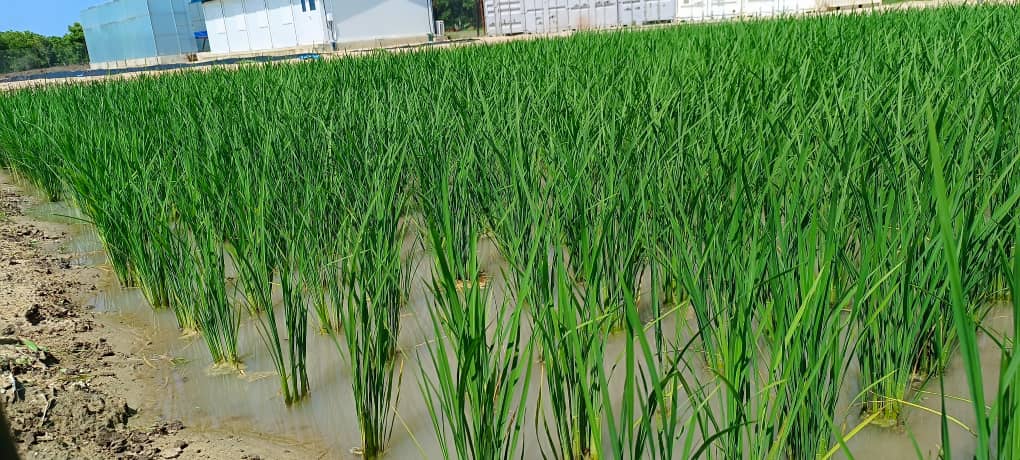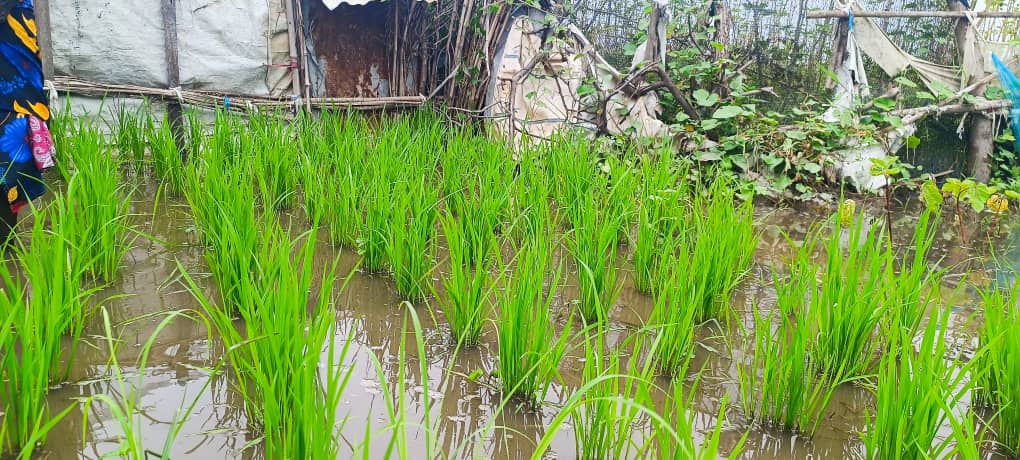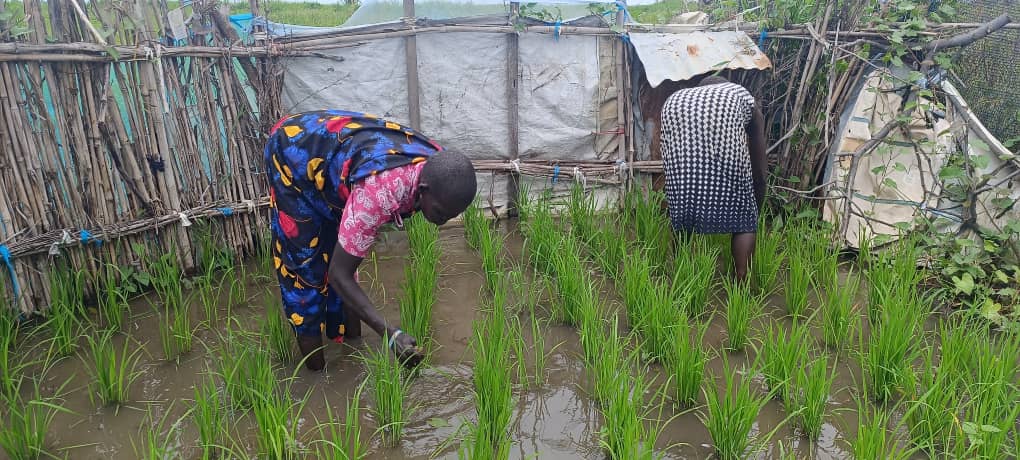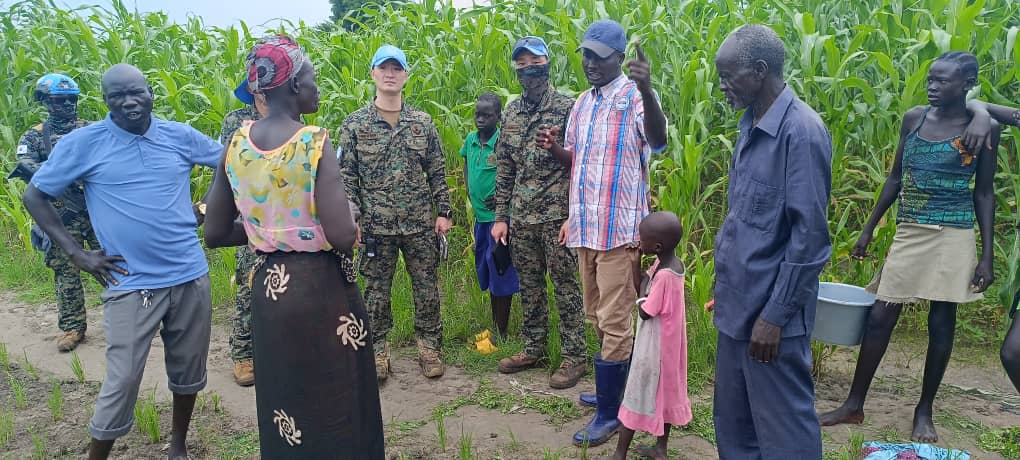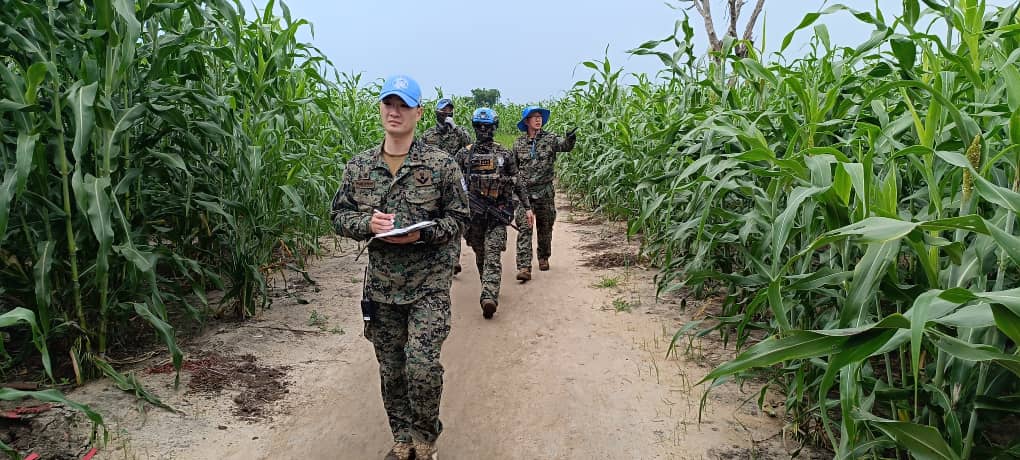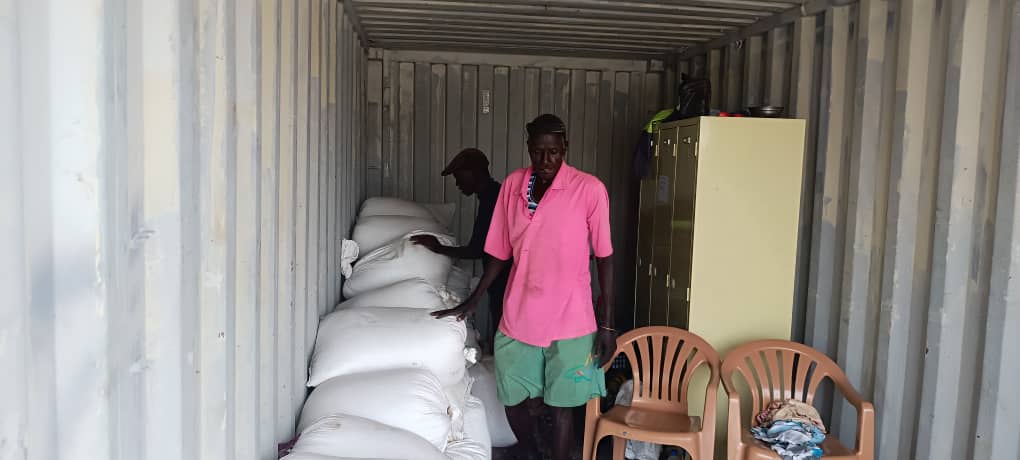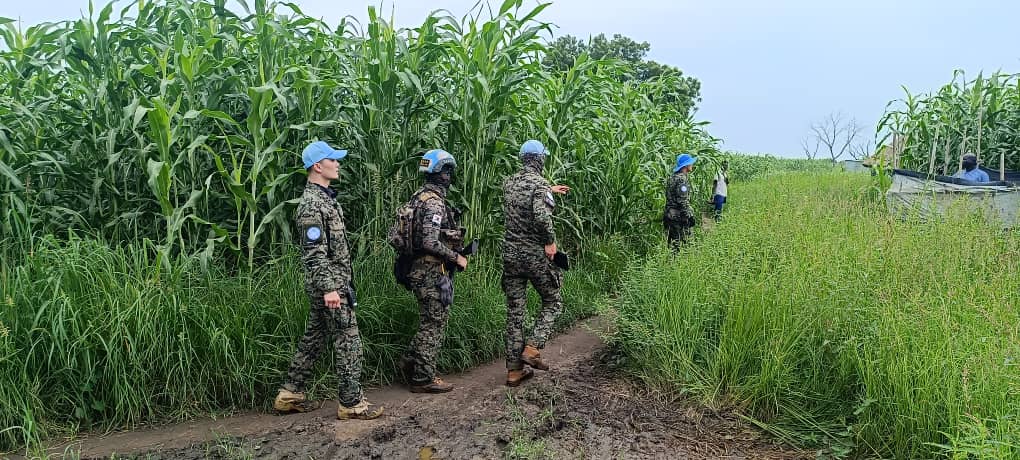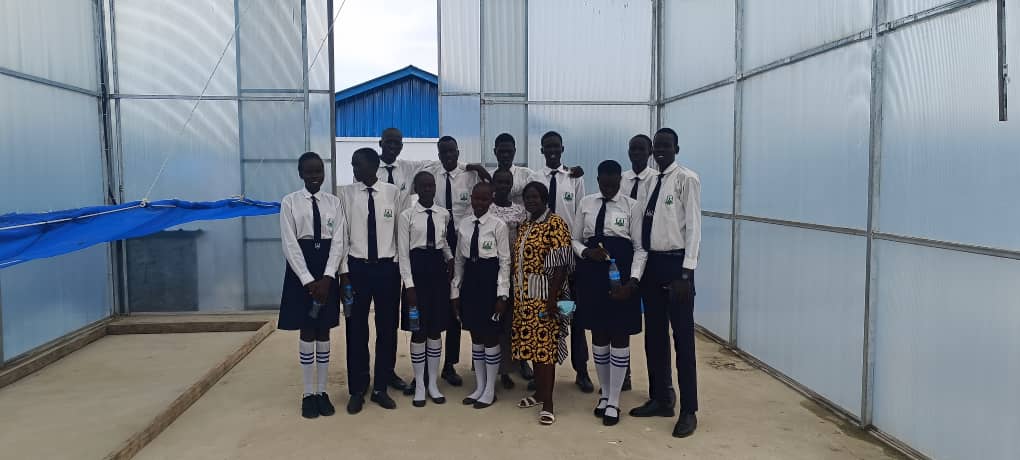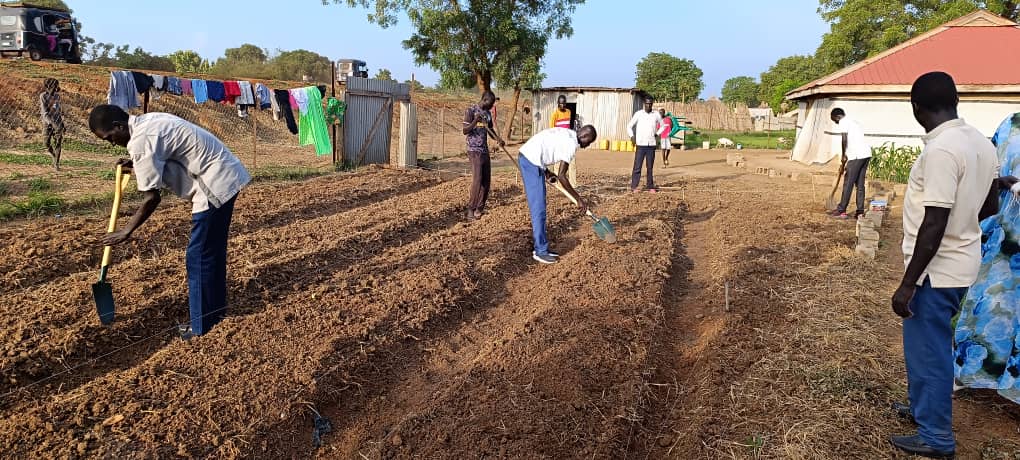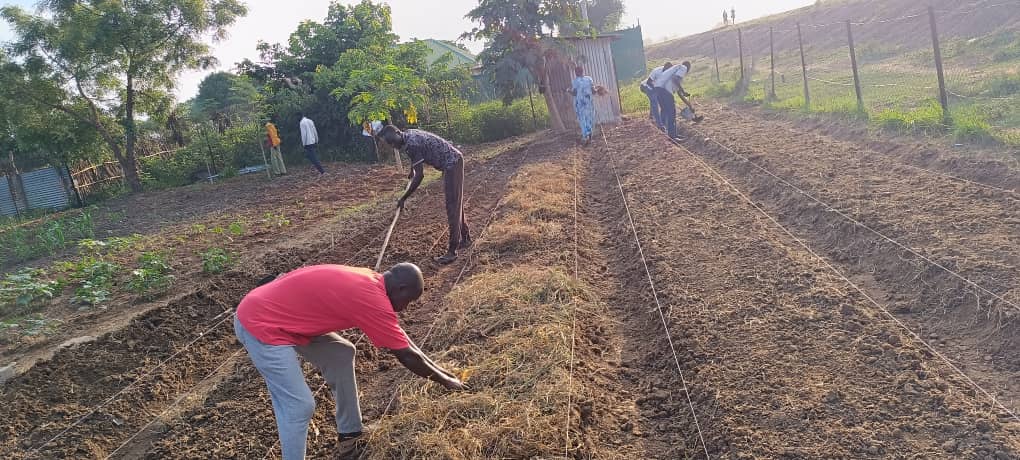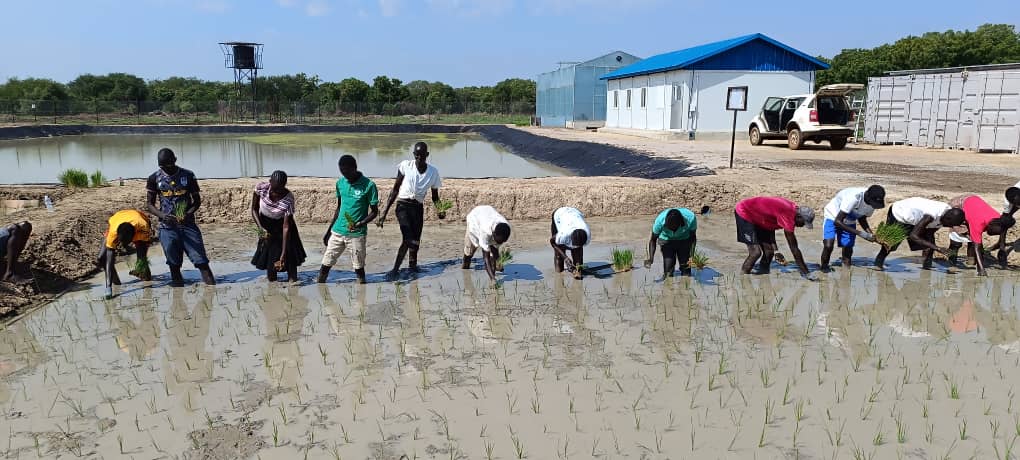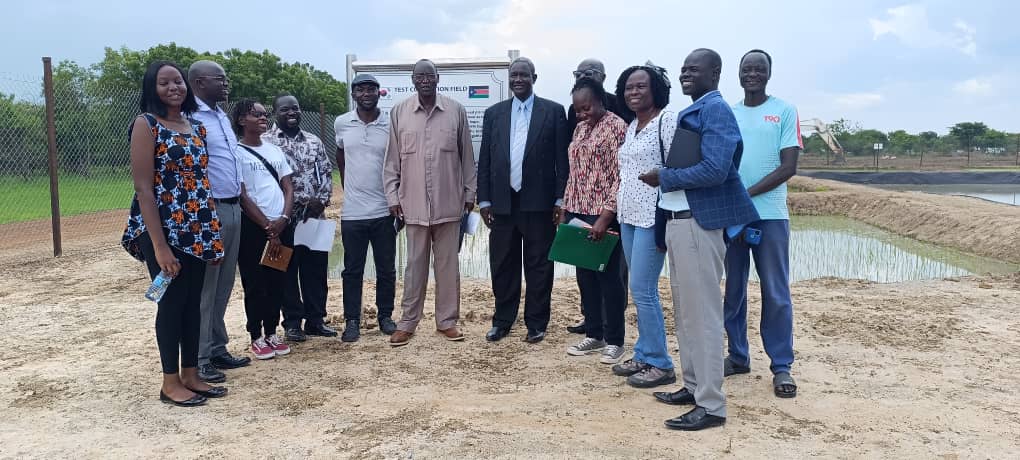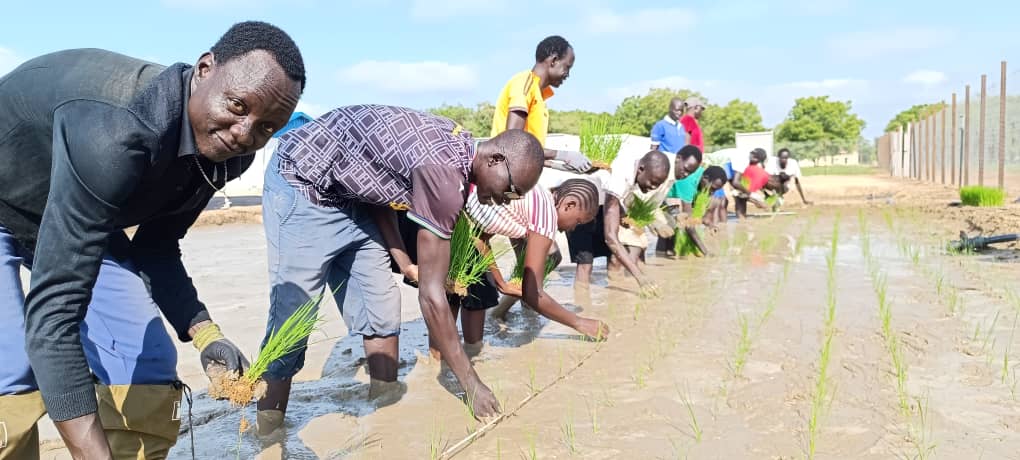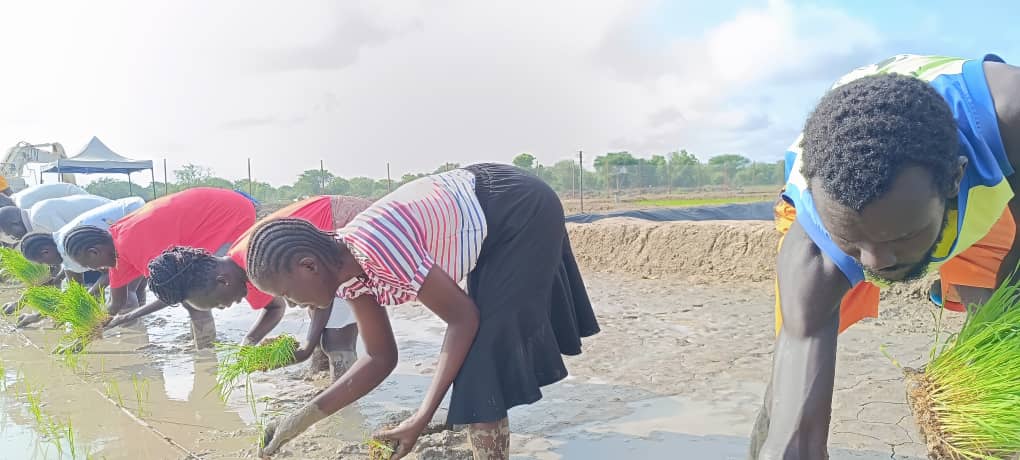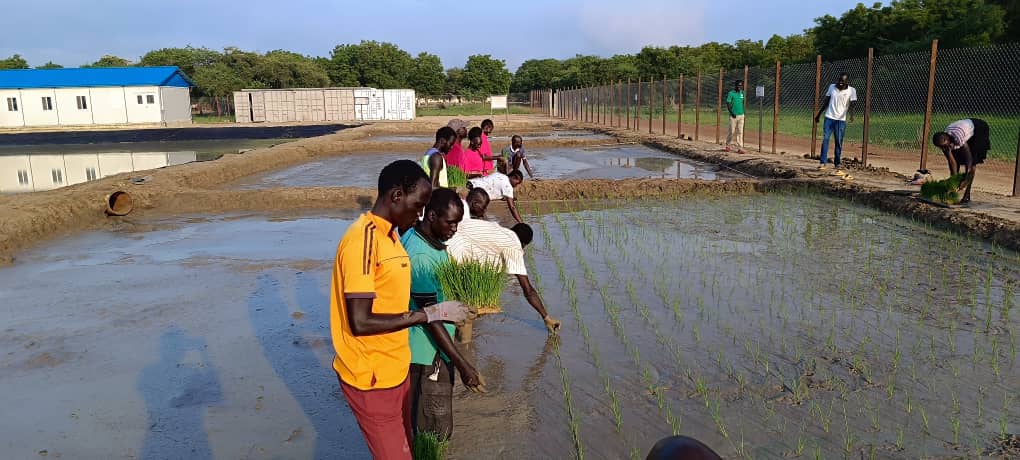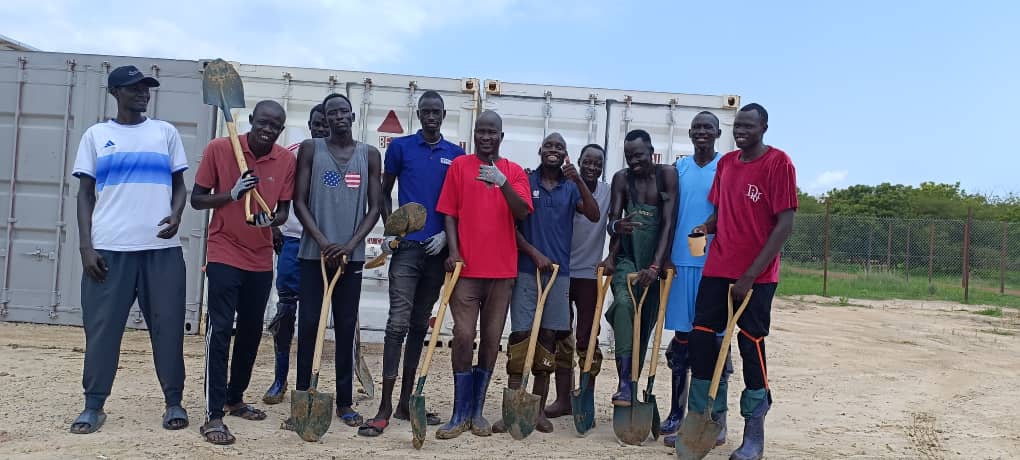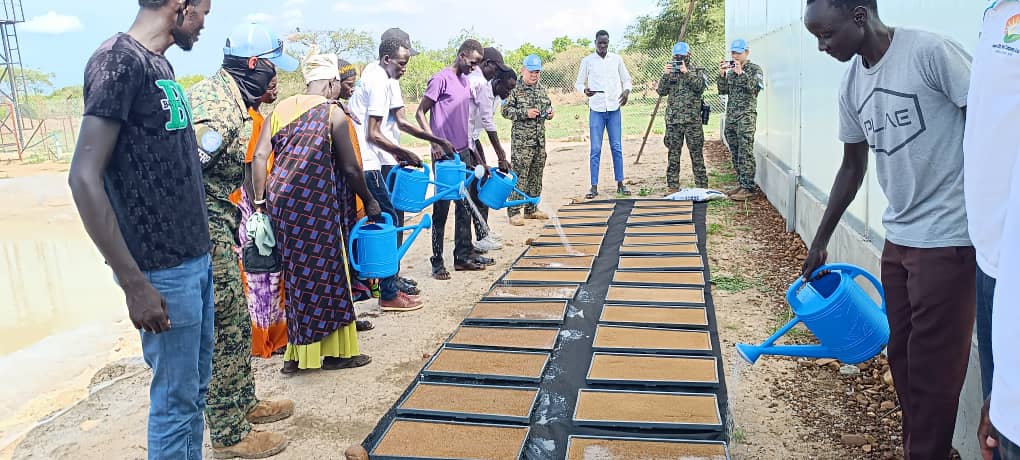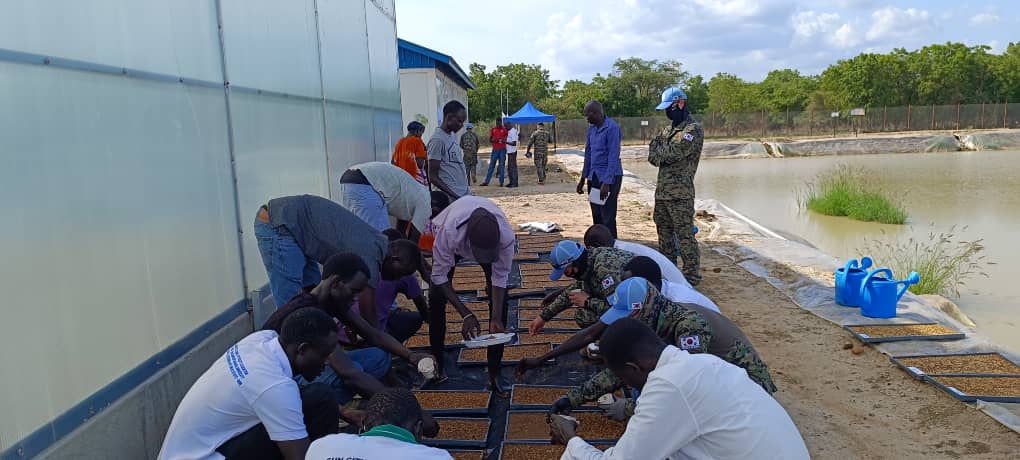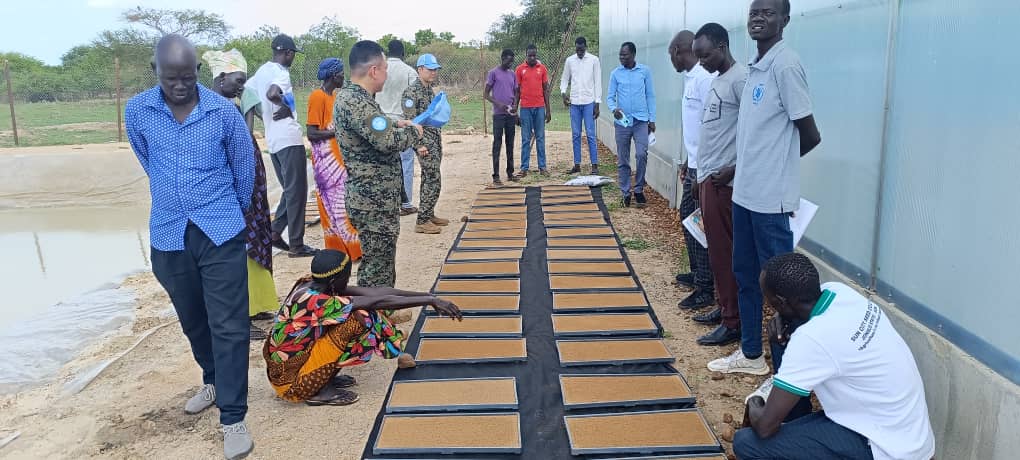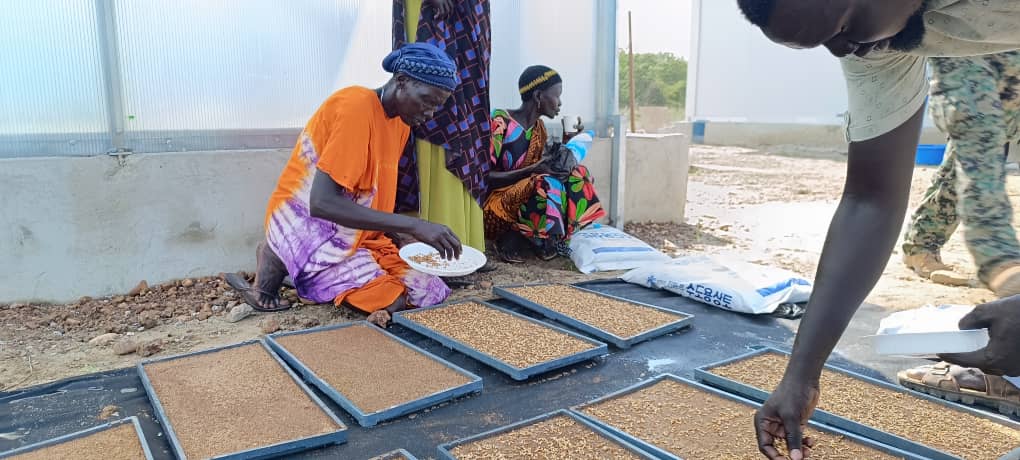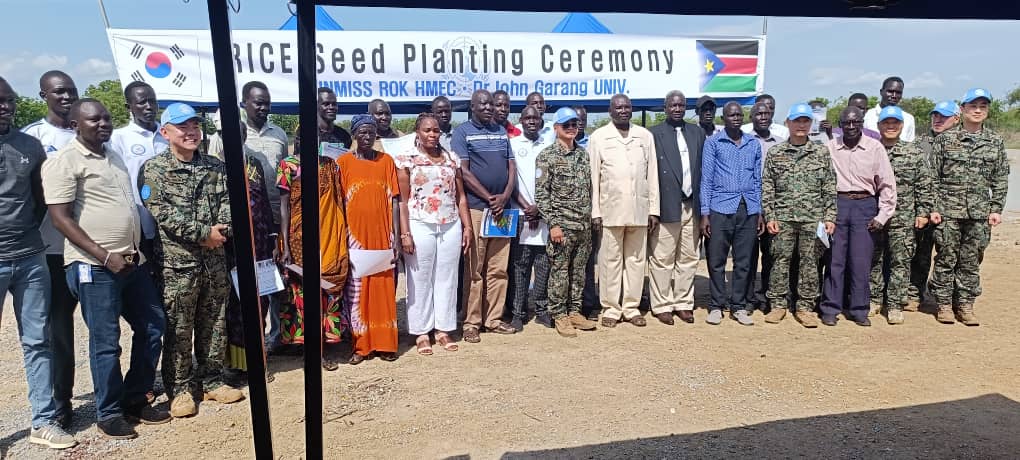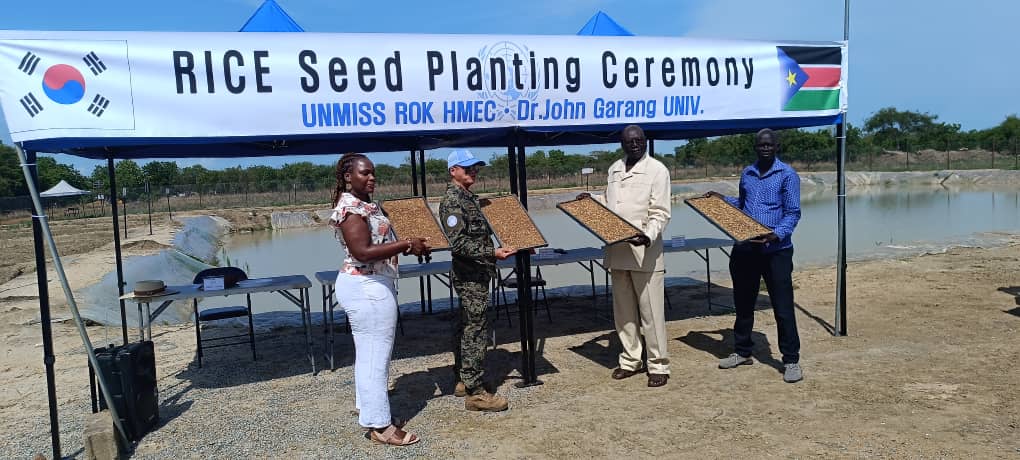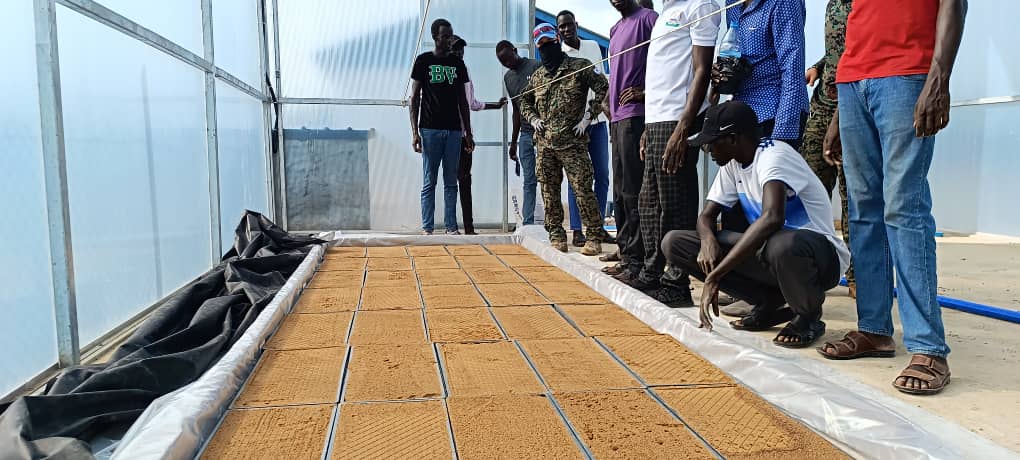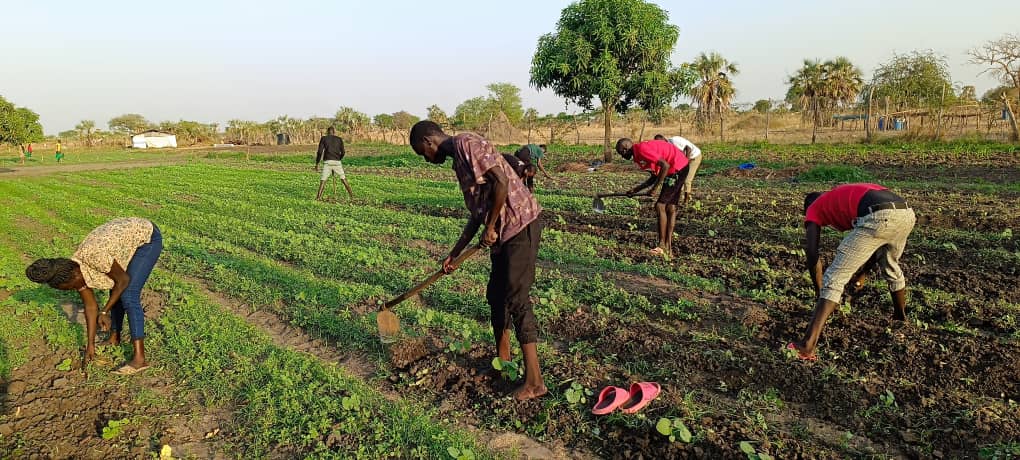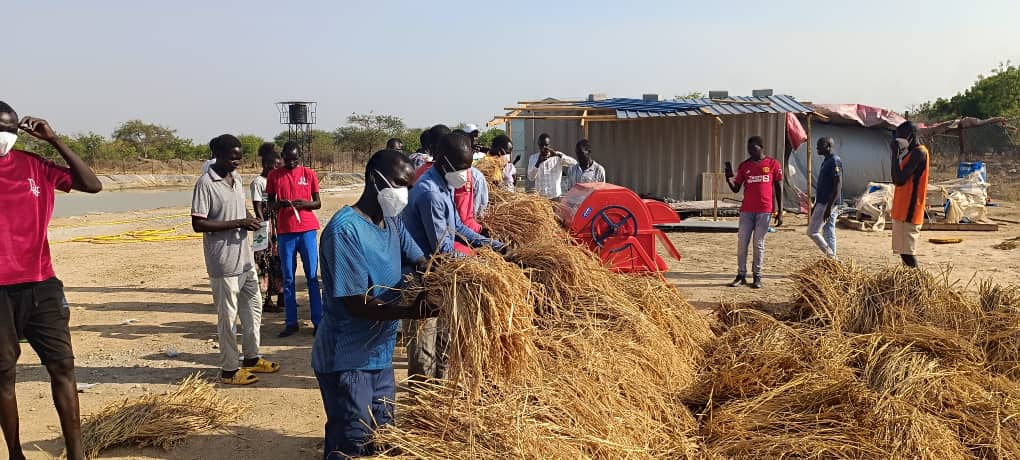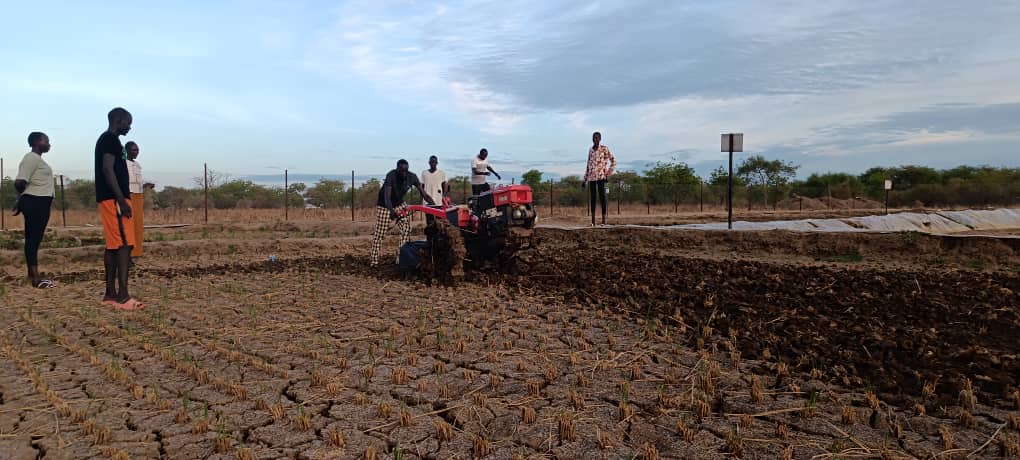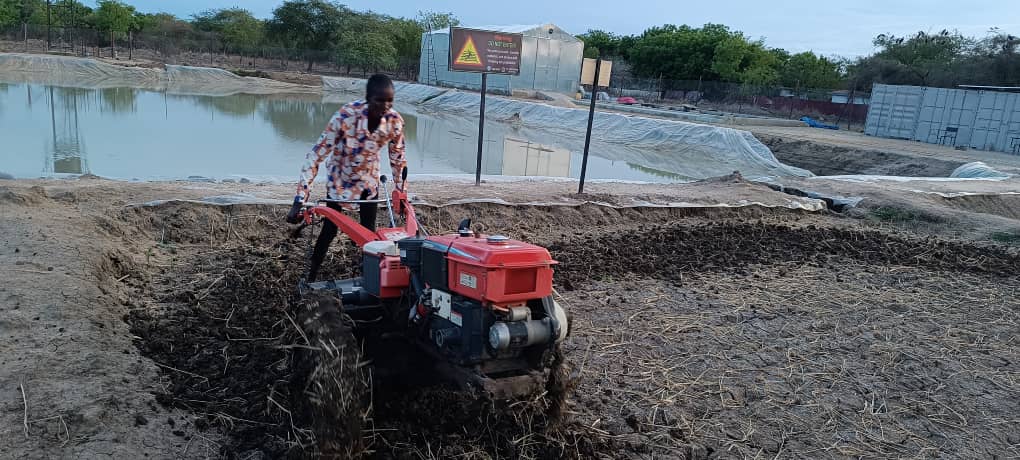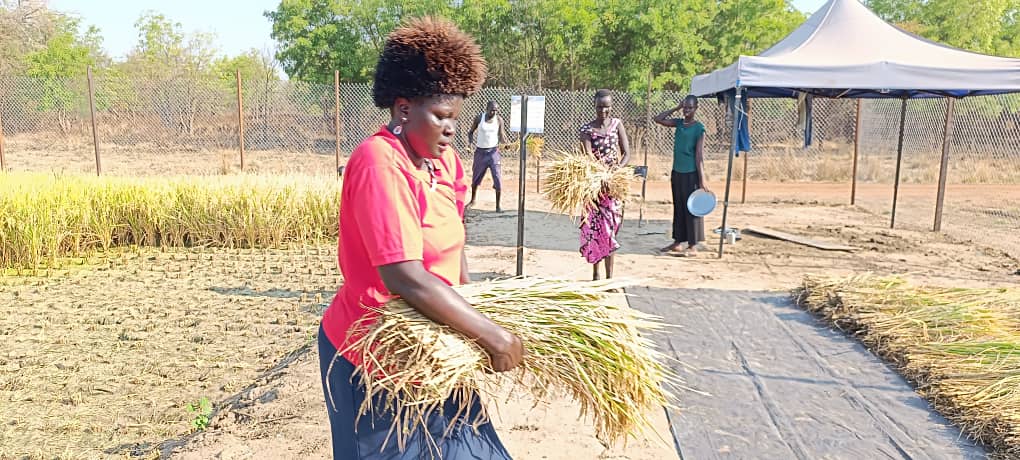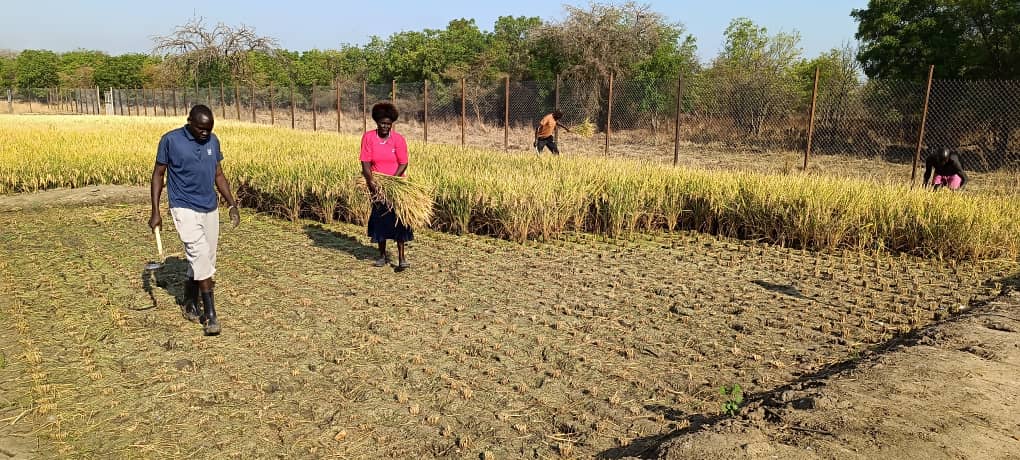The authorities from Dr. John Garang Memorial University of Science and Technology are expecting up to 20 tones of cleaned rice from the recent Rice Testing Expansion Program that is supported by UNMISS Korean ROKHMEC unit in Bor.
Jonglei State has, since 2020, been facing serious flood in most of its counties, displacing scores of the population from their ancestorial areas to higher grounds within and outside the state boundaries. Sorghum production over this period of the flooded years drastically went down in the state, exposing more houses to a severer food crisis. Climate change is largely suspected to be the cause of such high-level floods, although insufficient scientific studies had established the causality between the two.
The rice cultivation was introduced last year by the South Korea contingent of the UNMISS peace keeping mission, in collaboration with the the uuniversity in order to provide alternative source of food crop.
Speaking during an event in Bor, the Vice Chancellor of Dr. John Garang Memorial University of Science and Technology, Prof. Dr. Abraham Matoc, Monday 1st July at the university main campus in Bor, said the floods that appeared to be a threat in the state can be turned into useful economic use for the benefits of the citizens in the country. “It is expected that there will be a lot of floods this year, and these floods will be our assets to grow more rice in these areas,” said Prof. Abraham Matoc, gesturing how a threat can be turned into an opportunity to improve livelihoods.
Dr. John Garang Memorial University is the only public university in South Sudan that is now training students on rice production, and with community outreach programs in which more than 20 local farmers had also been training on lowland rice production.
Main Campus, Bor_Jonglei State
